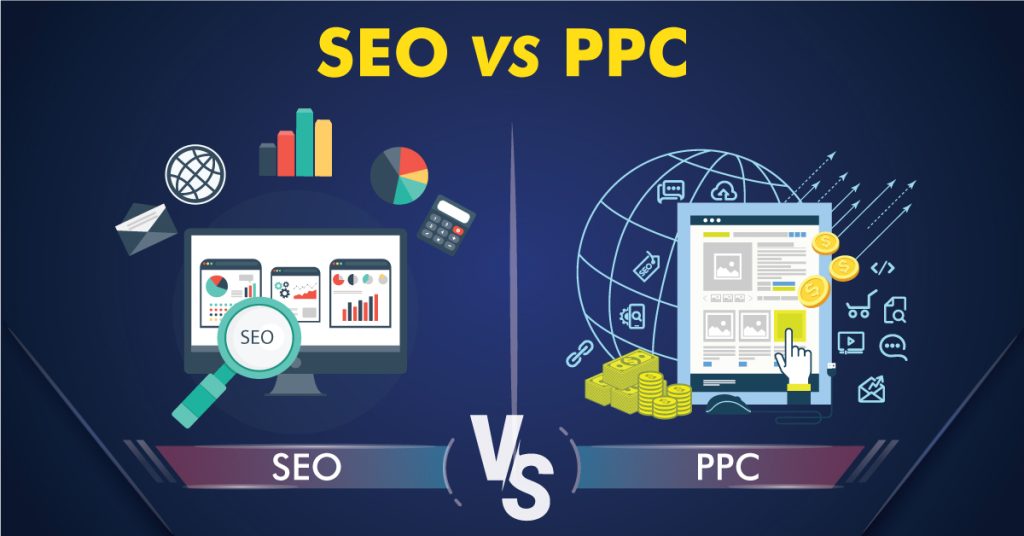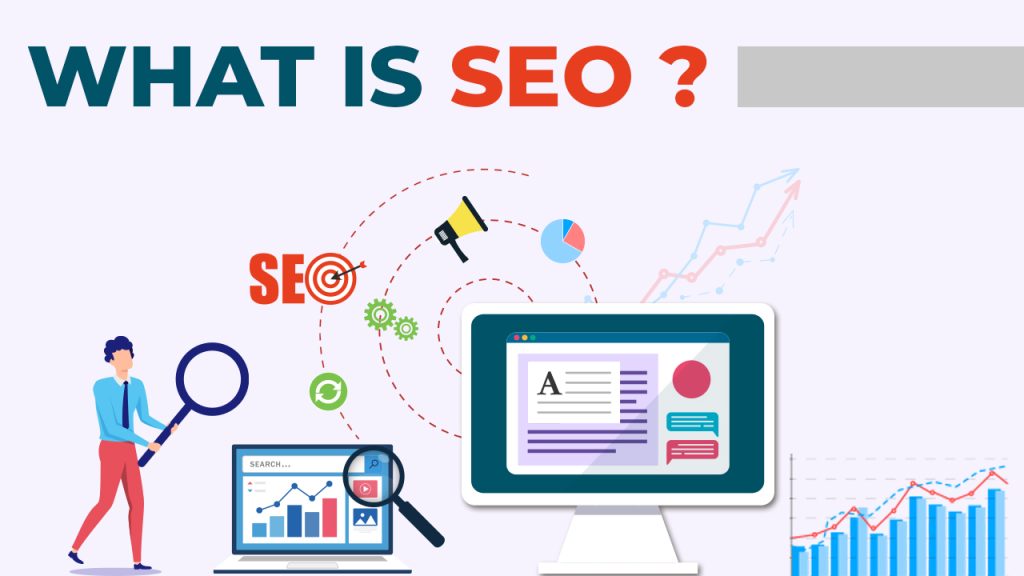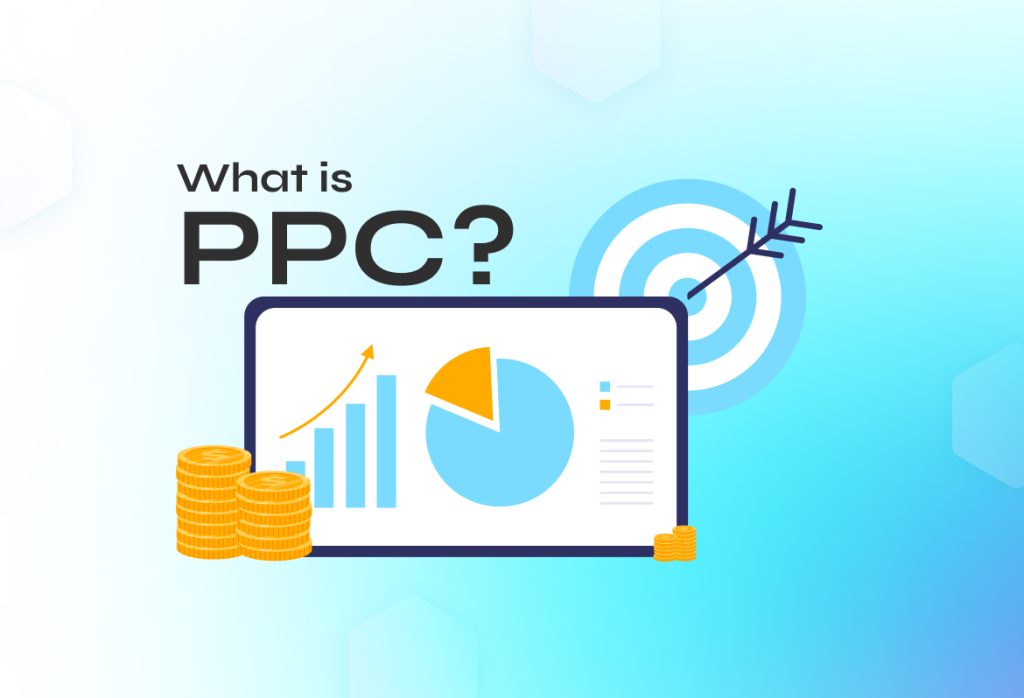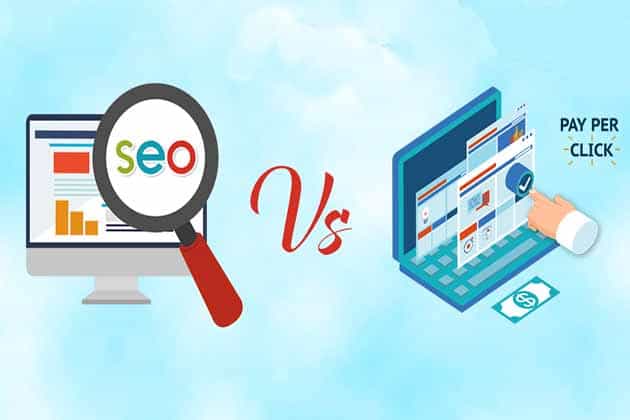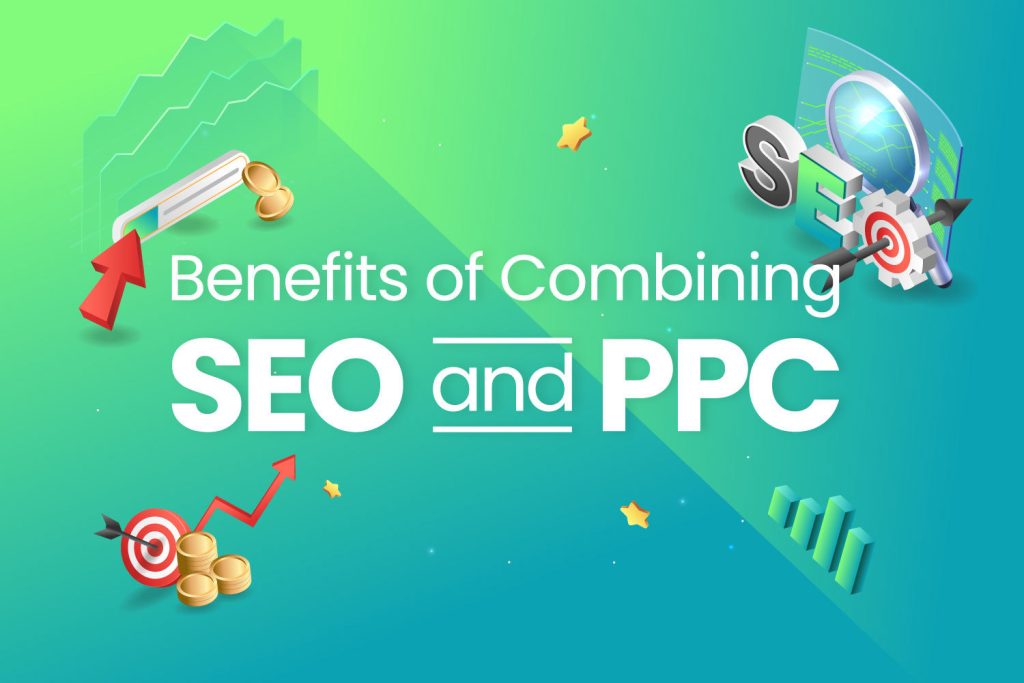If you’re running a business in today’s digital age, you’ve probably heard of digital marketing. It’s a broad term that covers all the online efforts you make to promote your products or services. From social media posts to email campaigns, there are countless ways to get your brand out there. But when it comes to driving traffic to your website and generating leads, two heavy hitters stand out: SEO and PPC.
So, what’s the deal with SEO and PPC? SEO stands for Search Engine Optimization. It’s all about tweaking your website and content so they rank higher in search engine results, like Google. The higher you rank, the more people will click on your site without you having to pay for those clicks. PPC, on the other hand, stands for Pay-Per-Click. It’s a type of online advertising where you pay each time someone clicks on your ad. Think of those sponsored results you see at the top of Google search pages – that’s PPC in action.
Choosing the right strategy – SEO or PPC – is crucial for your business. Each has its own set of benefits and drawbacks, and what works for one business might not be the best for another. So, let’s dive in and figure out which one might be the perfect fit for you!
What is SEO?
SEO stands for Search Engine Optimization. It’s basically a set of practices aimed at making your website show up higher in search engine results, like Google. When people search for things related to your business, you want your site to be at the top of the list. Why? Because higher rankings mean more traffic to your site, and more traffic can lead to more customers.
There are three main components of SEO: On-page SEO, Off-page SEO, and Technical SEO.
On-page SEO: This is all about the content on your website. It includes things like using the right keywords (the words and phrases people are searching for), writing high-quality content that answers those searches, and optimizing your titles and headings. Think of it as making sure your website is super relevant and helpful.
Off-page SEO: This focuses on building your website’s reputation and authority. The main way to do this is through backlinks, which are links to your site from other reputable websites. The more quality sites that link to yours, the more search engines see your site as trustworthy.
Technical SEO: This is about the backend of your website. It includes things like site speed (how fast your website loads), mobile-friendliness (how good your site looks and works on a smartphone), and making sure search engines can easily crawl and index your site. It’s like making sure the foundation of your house is solid.
So, why bother with SEO? There are some big benefits. First, SEO delivers long-term results. Once you start ranking high, you can stay there for a while, continuously bringing in traffic without paying for every click. Second, it’s cost-effective. You invest time and maybe some money upfront, but you don’t have to pay for each visitor. Finally, SEO builds trust and credibility. People tend to trust organic search results more than paid ads, so ranking high can make your business look more reputable.
In short, SEO is a powerful tool that can help your business get found online, build a solid reputation, and attract more customers without breaking the bank.
What is PPC?
PPC stands for Pay-Per-Click, which is a type of online advertising where you pay each time someone clicks on your ad. It’s a way to buy visits to your site rather than trying to earn them organically. Think of those ads you see at the top of Google search results or on social media platforms – that’s PPC in action.
Here’s how PPC works: it all starts with ad auctions. When you set up a PPC campaign, you bid on keywords that are relevant to your business. Keywords are the words or phrases people type into search engines. For example, if you sell handmade candles, you might bid on keywords like “buy handmade candles” or “best scented candles.”
When someone searches for those keywords, search engines like Google hold an auction to decide which ads to show. It’s not just about who bids the most money; search engines also consider the quality and relevance of the ad. So, if your ad and website are super relevant to the keyword, you might win the auction even if your bid is lower.
Now, let’s talk about the benefits of PPC:
Immediate results: Unlike SEO, which can take months to see results, PPC can drive traffic to your site almost instantly. As soon as your campaign goes live, your ads can start appearing in search results.
Precise targeting: PPC allows you to target specific demographics, locations, devices, and even times of the day. This means your ads can reach the exact audience you want to attract.
Measurable ROI: One of the best things about PPC is how trackable it is. You can measure every aspect of your campaign, from the number of clicks to the amount of sales generated. This makes it easy to see how well your ads are performing and tweak them for better results.
PPC is a powerful tool for getting your business noticed quickly and precisely. It might cost more upfront, but the ability to target your ideal customers and measure your success makes it a great option for many businesses.
Comparing SEO and PPC
Let’s break down the differences between SEO and PPC so you can figure out which one might be the best fit for your business.
Cost: When it comes to cost, SEO and PPC work a little differently. With SEO, you’re looking at an initial investment of time and maybe some money to get your website optimized. Once you’re up and running, the ongoing costs are pretty low. PPC, on the other hand, requires you to pay for every click on your ads, so the costs can add up fast. It’s like buying a car vs. leasing one – SEO is more of a long-term investment, while PPC is more like paying for each ride.
Timeframe: SEO and PPC also differ in terms of how quickly you’ll see results. SEO is a long game – it can take months to start seeing significant traffic and leads from your efforts. But once you start ranking high, you can stay there for a while. PPC, on the other hand, delivers more immediate results. As soon as your ads go live, you can start driving traffic to your site. It’s like planting a garden vs. buying vegetables at the store – SEO takes time to grow, while PPC gives you instant results.
Effort: Both SEO and PPC require some effort to set up and manage, but they differ in terms of ongoing maintenance. SEO involves things like creating high-quality content, building backlinks, and optimizing your website – it’s like tending to a garden, where you need to nurture your plants over time. PPC requires regular monitoring and tweaking of your ads to ensure they’re performing well – it’s more like driving a car, where you need to keep an eye on the road and adjust your course as needed.
Targeting: When it comes to targeting your audience, SEO and PPC offer different approaches. SEO tends to capture a broad audience searching for relevant keywords, while PPC allows for more precise targeting based on demographics, interests, and behavior. It’s like casting a wide net vs. using a fishing rod – SEO catches a lot of fish, while PPC lets you reel in the ones you want.
Measurability: Both SEO and PPC offer tools and metrics for tracking performance, but they vary in terms of immediacy and granularity. PPC provides more immediate and detailed data on things like clicks, impressions, and conversions, making it easier to measure ROI and adjust your strategy in real-time. SEO metrics tend to be more long-term and holistic, focusing on things like rankings, organic traffic, and engagement. It’s like tracking your steps with a pedometer vs. mapping out your entire hiking trail – PPC gives you precise data point by point, while SEO gives you a broader picture of your journey.
So, there you have it – a comparison of SEO and PPC from cost to targeting to measurability. Each has its pros and cons, so it’s important to weigh them carefully and choose the right strategy for your business goals and budget.
When to Choose SEO
Let’s talk about when SEO is the way to go for your business.
Scenarios where SEO is more beneficial: SEO is a great choice when you’re in it for the long haul. If you’re looking for sustainable, long-term growth, SEO is your best bet. It takes time to climb those search engine rankings, but once you’re up there, you can enjoy a steady stream of organic traffic without constantly shelling out money for ads. So, if you’re playing the long game and want to build a solid foundation for your online presence, SEO is the way to go.
Types of businesses and goals suited for SEO: SEO is particularly beneficial for businesses with niche markets or specialized products/services. It’s also great for businesses that rely on local customers, like restaurants or shops. If your goal is to establish yourself as an authority in your industry and build trust with your audience, SEO is the way to go. It’s all about creating valuable content, earning backlinks, and showing search engines that you’re the real deal.
Long-term strategy and brand building: SEO is all about playing the long game. It’s not something you can set up overnight and see results tomorrow. But if you’re patient and put in the effort, SEO can pay off big time in the long run. It’s not just about driving traffic to your site – it’s about building a brand and a reputation that people trust. So, if you’re in it for the long haul and want to establish yourself as a leader in your industry, SEO is the way to go.
When to Choose PPC
Alright, let’s talk about when PPC is the way to go for your business.
Scenarios where PPC is more beneficial: PPC shines when you need results fast. If you’ve got a time-sensitive promotion or a new product launch coming up, PPC can get the word out in a flash. It’s also great for businesses in highly competitive industries where it’s tough to rank organically. With PPC, you can jump to the top of search results and get noticed, even if you’re up against big players with deep pockets. So, if you’re looking for quick wins and immediate visibility, PPC is the way to go.
Types of businesses and goals suited for PPC: PPC is perfect for businesses with a clear call-to-action, like driving sales or leads. It’s also great for businesses with a specific target audience or niche market. If you’re running a short-term campaign or promoting a seasonal offer, PPC can help you reach your goals fast. And if you’re launching a new product or service and need to generate buzz quickly, PPC is the way to go.
Short-term campaigns and product launches: PPC is like the turbo boost button for your marketing efforts. It’s perfect for short-term campaigns and product launches where you need to make a big splash in a short amount of time. With PPC, you can get your ads in front of the right audience right away and start driving traffic to your site. So, if you’ve got something new and exciting to share with the world, PPC is the way to go.
Combining SEO and PPC
Alright, let’s talk about how combining SEO and PPC can be a game-changer for your business.
Advantages of integrating both strategies: When you combine SEO and PPC, you get the best of both worlds. SEO helps you build a strong foundation for your online presence, while PPC gives you immediate visibility and traffic. Together, they can supercharge your marketing efforts and help you reach your goals faster. Plus, by targeting the same keywords with both SEO and PPC, you can dominate search engine results pages and capture more clicks and conversions.
Case studies or examples of successful integration: Take, for example, a clothing retailer that uses SEO to rank high for keywords like “women’s dresses.” They also run PPC ads targeting the same keywords to ensure they appear at the top of search results. By combining both strategies, they can attract more clicks and sales from customers who are ready to buy.
Tips for balancing and optimizing both approaches: To get the most out of SEO and PPC, it’s important to strike the right balance. Start by identifying which keywords perform best for your business and target them with both SEO and PPC. Monitor your campaigns regularly and adjust your strategies as needed. And don’t forget to track your results – use analytics tools to measure the impact of both SEO and PPC on your website traffic, leads, and sales. By optimizing both approaches, you can maximize your ROI and take your business to the next level.
Conclusion
Well, folks, we’ve covered a lot of ground here! Let’s recap the key points:
- SEO and PPC each have their own pros and cons, from cost and timeframe to targeting and measurability.
- SEO is great for long-term growth and brand building, while PPC is perfect for short-term campaigns and quick results.
- Combining both strategies can give you the best of both worlds and supercharge your marketing efforts.
So, how do you choose the right strategy for your business? It all comes down to your specific needs and goals. Take the time to assess what’s most important to you – whether it’s long-term growth, immediate results, or something in between. And remember, there’s no one-size-fits-all answer. Experiment, learn, and adjust as you go, and you’ll find the perfect strategy to take your business to new heights!
